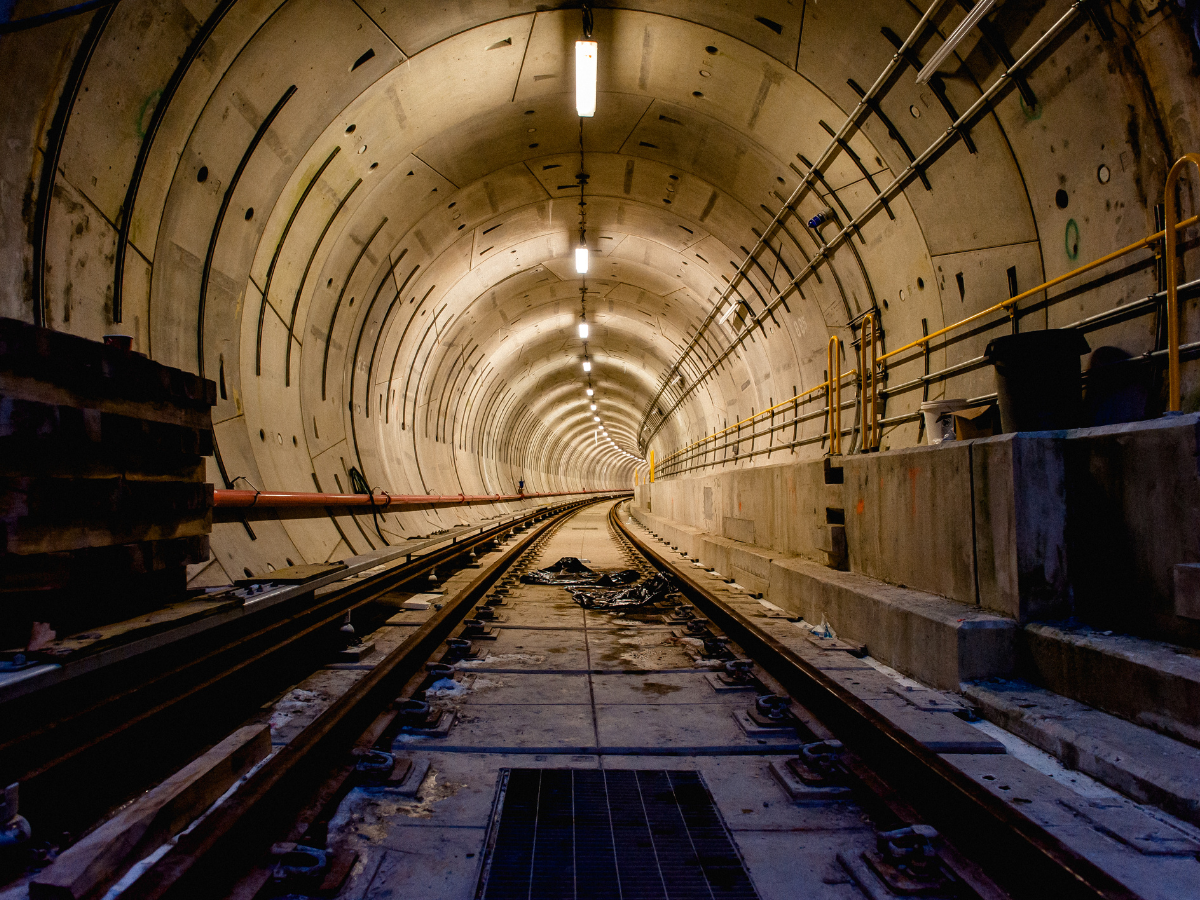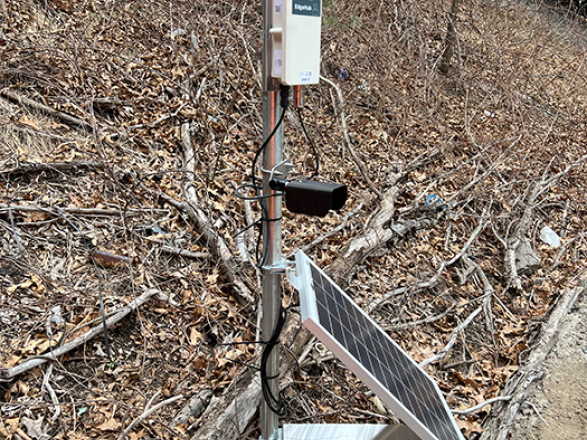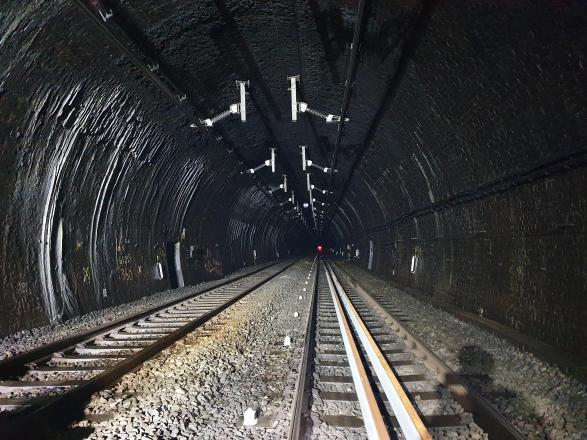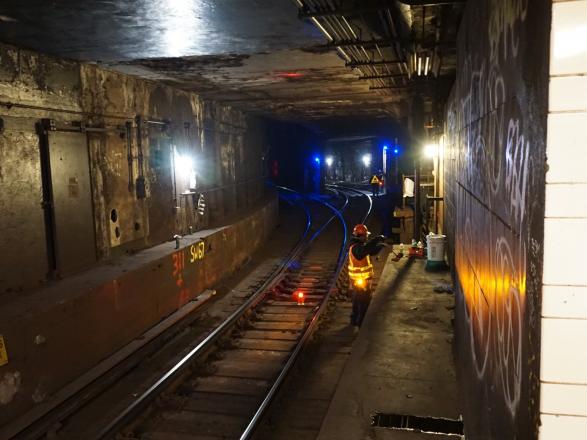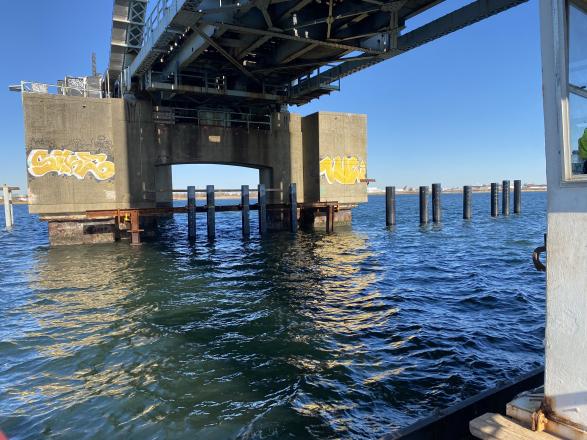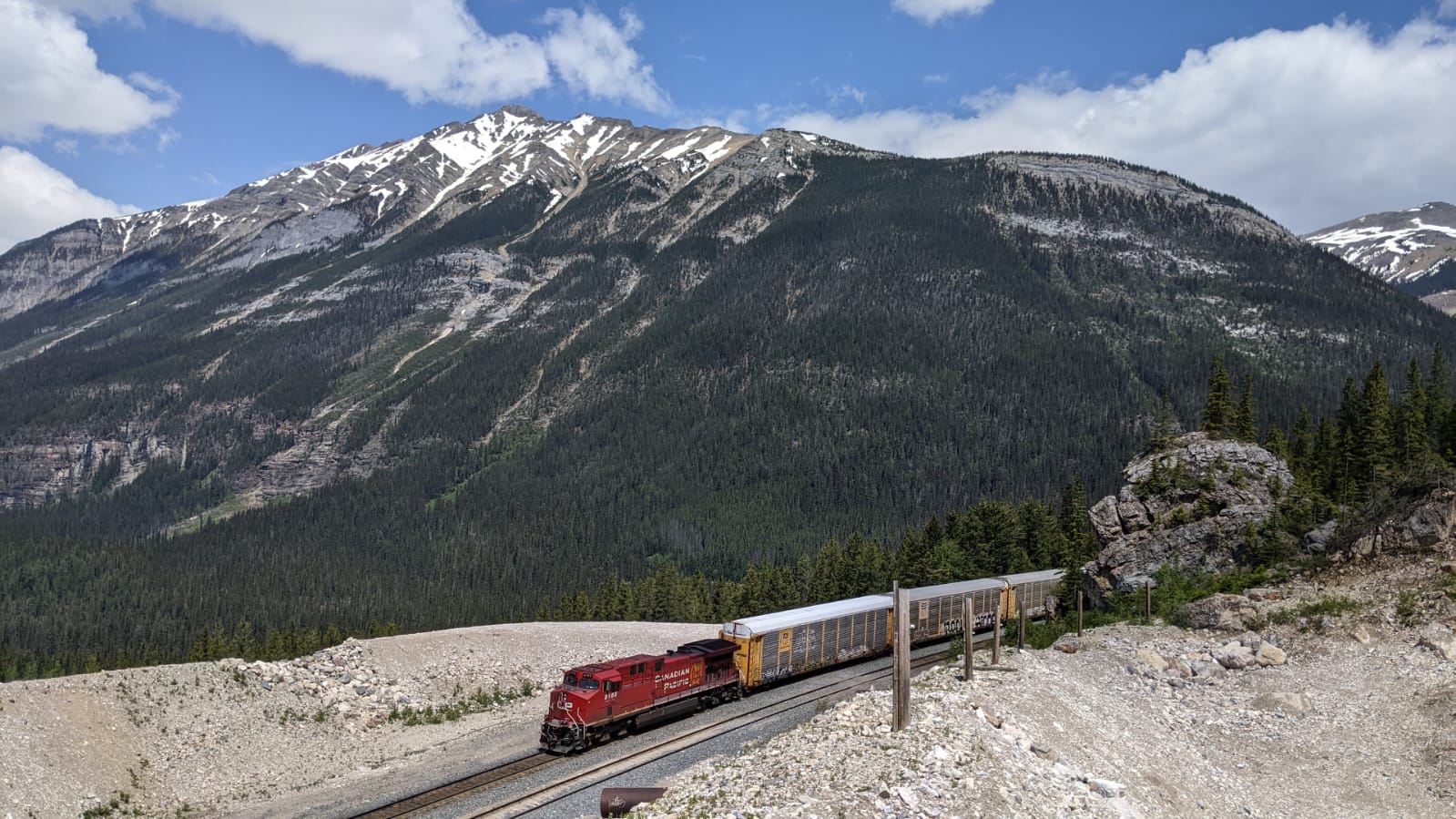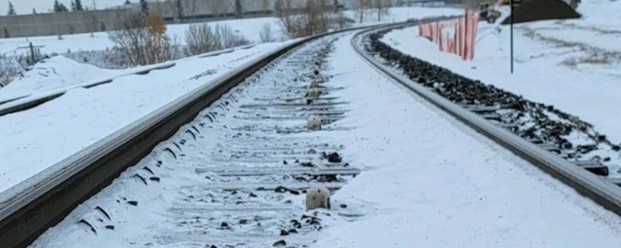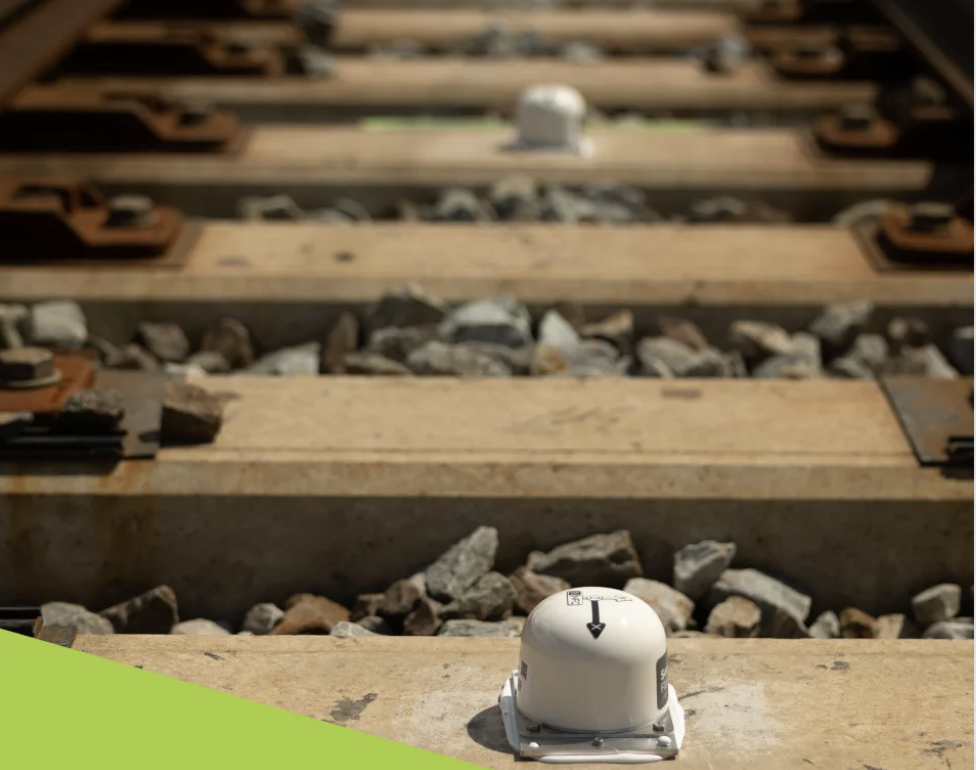Client: Jabatan Kerja Raya Malaysia (JKR)
How wireless monitoring was used to inform decision making and safeguard a vulnerable slope after a tragedy in Ampang, Malaysia.
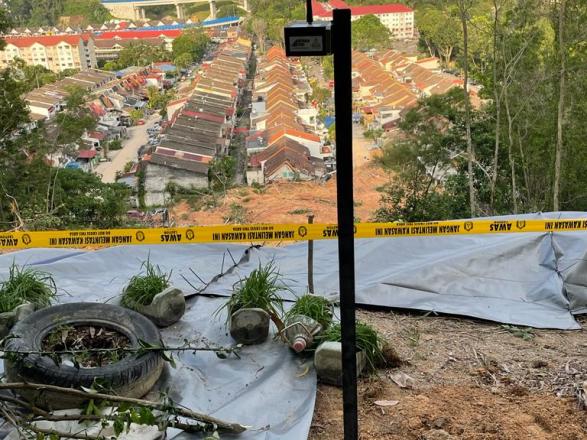
Challenge
A landslide in a suburb neighbouring Kuala Lumpur, Malaysia highlighted the impact of heavy rainfall on slopes in built-up areas.
The landslide on March 10, 2022 followed a period of unusually heavy rain and resulted in the death of four people at Taman Bukit Permai 2 in Ampang. Fifteen houses and 10 vehicles were also damaged in the incident. The area was declared a disaster zone and more than 200 residents from 48 homes were forced to evacuate.
Based on initial site investigations, authorities feared there might be ongoing soil movement and could not rule out the possibility of another landslide. A slope monitoring solution was required immediately to help manage the risk of further ground movement.
Solution
Jabatan Kerja Raya (JKR) – the Slope Engineering Division of the Malaysian Public Works Department contacted monitoring experts at Meridian 2000 and commissioned a slope monitoring solution.
Meridian 2000 recommended Senceive’s FlatMesh™ wireless monitoring technology on the basis that is quick and simple to install and would provide precise ground movement data and a high level of confidence that sudden movement would be detected.
A key advantage of this intelligent monitoring system is that when a tilt sensor detects movement that breaches a pre-defined threshold, it will immediately trigger a sample to be taken on all the sensors within its network with automated alerts sent via SMS and email.
Meridian 2000 installed 10 FlatMesh™ Triaxial Tilt Sensors on metal stakes at critical points near the top of the slope. The 2 metre stakes were installed into the ground. The tilt sensors were then fitted onto the stakes using swivel mounts. A FlatMesh 4G Gateway with solar panel was placed on one of the houses on the top of the slope to relay data from the tilt meters to stakeholders using the Senceive WebMonitor™ data viewing platform.
Outcome
The entire system was deployed and commissioned in just one day. The tilt sensors were set to give readings every 30 minutes, unless sudden movement was detected, then the tilt meters would automatically send a sample.
The ability to not only understand long-term trends and patterns but to also detect sudden movement in near real-time provided a level of assurance to authorities and residents that any further landslides would be quickly detected.
The system was installed with the aim of keeping it in place until the completion of slope stabilisation works.
Ir. Zafrul Fazry (Head of Engineering Department) from the Ampang Jaya Municipal Council said real-time monitoring was crucial for high-risk slopes in residential areas “to reduce the risk of fatalities, injuries and property damage and to enable the relevant authorities to carry out remedial works”. This is certainly true for this site where continuous monitoring data helped to protect people and assets.
Meridian 2000 supplies Senceive monitoring technology and full customer support throughout Malaysia.
Downloads
Download the full case study here.
This article was originally published by Senceive.


